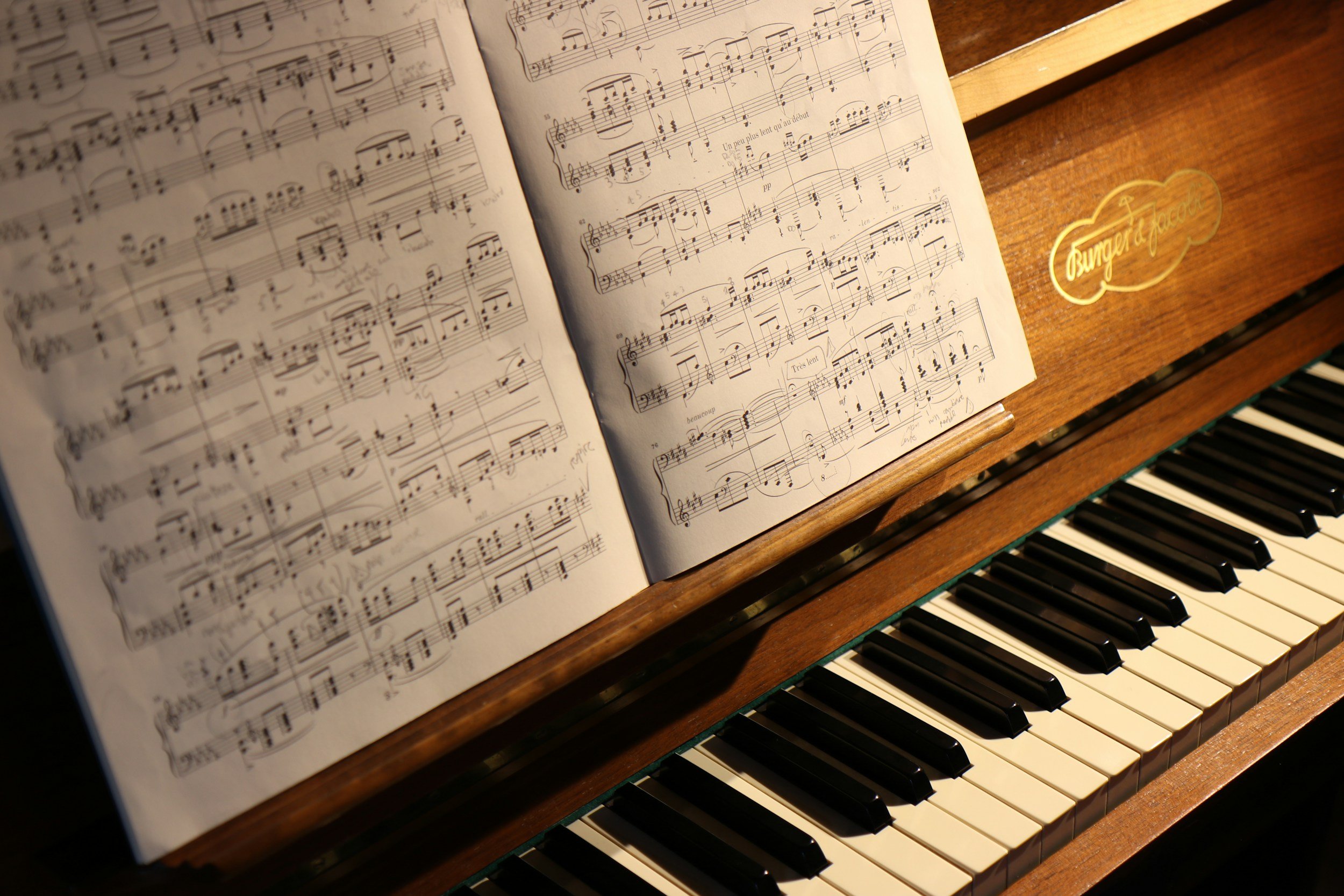
STEM Program
The Psychology of Art and Music: Bridging Science, Creativity, and Society
Faculty Advisor: Postdoctoral Fellow, Yale University; Ph.D. in Psychology, Stanford University
Research Program Introduction
How do art and music influence the way we learn and connect with others? This program explores the psychological principles behind the creation and perception of art and music, examining their role in shaping cognitive development, enhancing memory, fostering creativity, and building social bonds.
Students will consider questions such as: How does music facilitate social connection? Why does art often elicit strong emotional reactions? And how can educators and communities harness these effects to improve learning and social relationships?
Weekly meetings will involve discussions of readings and hands-on exercises, such as experiment design and applying findings to a real-world application. By the end of the program, students will have an understanding of basic methodological principles in psychology and expertise in the psychology of art and music. Each student will prepare a final project or paper.
Possible Topics For Final Project:
How does music influence social bonding across cultures?
Why do certain songs or pieces of art evoke strong emotional responses?
How does art education impact emotional intelligence in children?
Can specific types of music enhance focus and productivity in learning environments?
How might technology, such as AI-generated art or music, change our perception of creativity and authenticity?
Are infants born knowing how to dance to music?
Other professor-approved topics in this subject area that you are interested in
Program Detail
Cohort size: 3 to 5 students
Workload: Around 4 to 5 hours per week (including class and homework time)
Target students: 9 to 12th graders interested in Psychology, Music, Art, Music Therapy, Art Therapy, Neuroscience, Education, and other related areas
Schedule: TBD. Meetings will take place for around one hour per week, with a weekly meeting day and time to be determined a few weeks before the start date.
